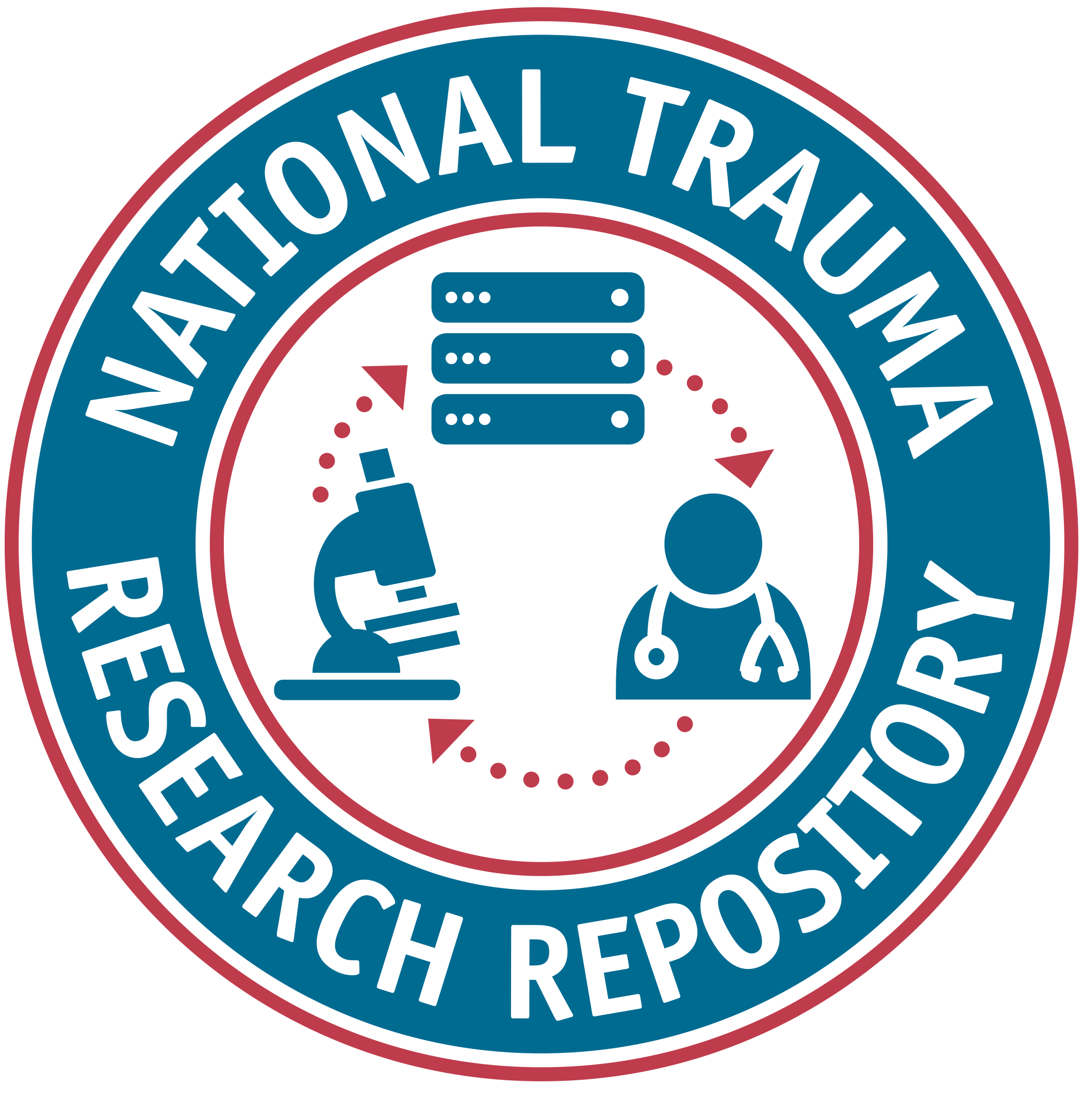Listed below are the details for the data element.
FITBIR
1.0
Element Type
Common Data Element
TBI-Quality of Life (TBI-QOL) - Difficulty carrying on a conversation with more than one person scale
TBIQOLDiffConvPplScl
Short Description
The scale representing how much difficulty the participant currently has carrying on a conversation with more than one person
Definition
The scale representing how much difficulty the participant currently has carrying on a conversation with more than one person
Notes
See also Cog_138;Part of the TBI-QOL Adult Bank Communication and Comprehension
Creation Date
2016-06-02
Historical Notes
References
TBI-QOL Items Copyright 2015 David Tulsky and Kessler Foundation. All rights reserved.;Neuro-QOL Items Copyright 2008-2013 David Cella on behalf of the NINDS.;Tulsky, D. S., Kisala, P. A., Victorson, D., Carlozzi, N., Bushnik, T., Sherer, M., & Englander, J. (2016). TBI-QOL: development and calibration of item banks to measure patient reported outcomes following traumatic brain injury. The Journal of Head Trauma Rehabilitation, 31(1), 40-51.;Department of Physical Therapy, University of Delaware, College of Health Sciences, STAR Health Sciences Complex
Data Type
Numeric Values
Input Restrictions
Single Pre-Defined Value Selected
Population
Adult
Guidelines/Instructions
Please respond to each question or statement by marking one box per row
Preferred Question Text
How much DIFFICULTY do you currently have carrying on a conversation with more than one person?
Category Groups and Classifications
| Disease | Domain | Sub-Domain |
|---|---|---|
| General (For all diseases) | Outcomes and End Points | Other Clinical Data |
| Traumatic Brain Injury | Outcomes and End Points | Patient Reported Outcomes |
Classification
Traumatic Brain Injury:
Supplemental
Moderate/Severe TBI: Rehabilitation
Concussion/Mild TBI
Epidemiology
Acute Hospitalized
General (For all diseases):
Supplemental
Keywords
TBIQOL
Communication
Labels





